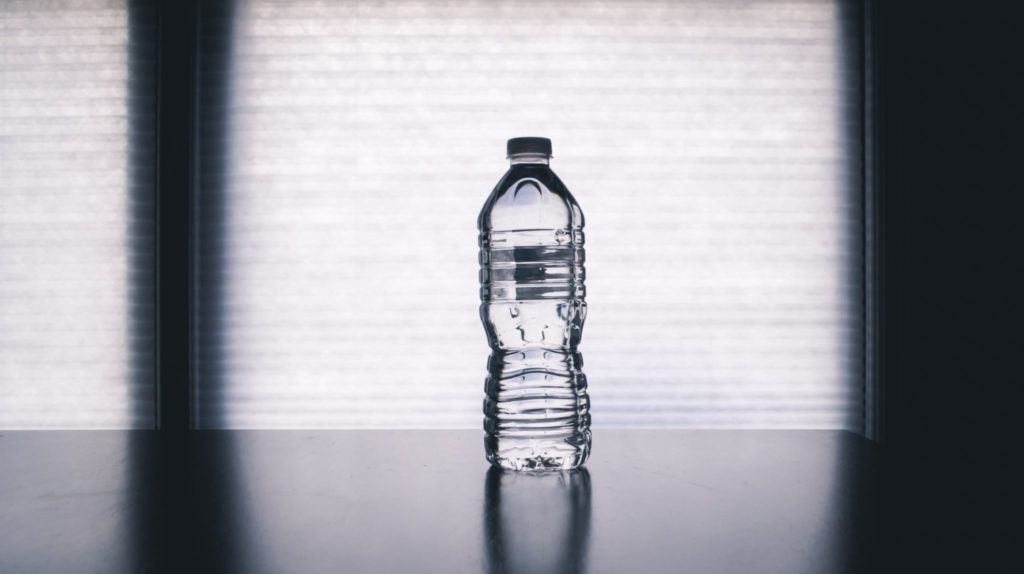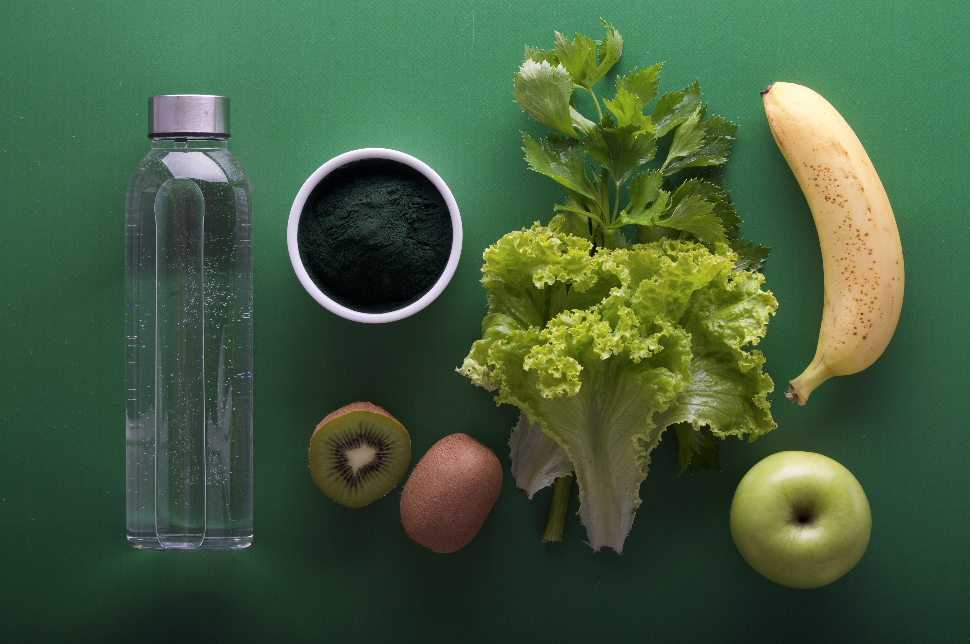Your body consists of 50 to 65 percent water, so it’s no surprise that maintaining proper hydration is critical for your health. Read on to learn about the benefits of proper hydration and how much water you should be drinking each day.
Why Is Hydration Critical?
Every cell in your body contains water, and fluids bathe the spaces between cells. The water content in our bodies is one of the reasons that we are able to maintain our body temperature within the tight range needed for survival. Water also facilitates nerve signaling, enzyme activity, the transfer of molecules between cells, and essential DNA properties. In fact, without water, the proteins that make up much of our bodies would be unable to maintain their structure.
Although your body is made mostly of water, you also steadily deplete water content throughout the day. You lose tiny water droplets with every breath. Urination, sweating and digestion cause still more water to be lost. That is why it is essential to replace lost water by staying hydrated throughout the day.
There are myriad health benefits to optimal hydration. Consider the following:
- Better energy: Staying hydrated makes you feel more alert and energetic.
- Stronger physical performance: Whether you are a serious athlete or simply enjoy an active lifestyle, getting enough fluids is critical to physical performance. Failure to get enough may leave you feeling sluggish, fatigued and unable to perform at your normal level.
- Better cardiovascular health: Drinking enough water translates to a healthier heart. By drinking fluids, blood volume increases. This makes it easier for your heart to pump blood throughout your body, reducing cardiovascular burden and lowering heart attack risk.
- Improved sleep: Getting enough water is associated with a better sleep-wake cycle. Plus, it can help you fight fatigue if you travel and experience jet lag.
- Increased mental clarity: Your brain is bathed in fluid, and this fluid is critical to your nervous system activity. In particular, your brain cells need water to produce neurotransmitters, the chemicals that aid cognition. Failure to get enough water can lead to poorer memory, problem solving and creativity.
- Fewer headaches: Dehydration is a leading cause of headaches. Headaches sometimes happen because you become dehydrated, blood volume drops, and your brain no longer gets the oxygen it needs. If you feel a headache coming on, try to drink a cup of water to prevent it.
- Smoother, younger-looking skin: Hydration also helps you maintain a more youthful appearance. Wrinkles and dull skin can be a sign of chronic poor hydration.
To identify the top benefits of water consumption, the team at Water Filter Portal spent several hours researching expert sources, and put together a comprehensive article supported by studies to highlight the 11 Benefits of Proper Hydration to Improve Your Health.
How Much Water Should You Drink Every Day?
Ideally, you should replace as much water as you lose each day. Yet the exact amount of water your body loses can be difficult to calculate. Factors such as your base metabolic rate, climate, physical activity level and chronic medical conditions all affect how much water you need.
In general, a typical person should aim to get 30 to 50 ounces of fluids each day. That means 4 to 7 cups throughout the day. Of course, you may need substantially more than that if you live in a very hot climate or frequently exercise. One way to gauge the impact of physical activity on hydration is to weigh yourself before and after a workout. This gives you an idea of how much extra water you should drink to stay hydrated.
Always remember that if you feel thirsty, that means you are already dehydrated! The goal is to drink enough fluids that you do not ever become thirsty. Another good way to monitor hydration is to pay attention to your urine output. You should have to use the bathroom every two to three hours throughout the day. Urine should be pale yellow to clear in color. A darker yellow or orange color means that you are dehydrated.
Ways to Increase Water Consumption If You Struggle to Get Enough
Many of us find it challenging to get enough fluids throughout the day. Most of your daily fluid consumption should come from water — after all, it is calorie-free. Use these tips to get enough:
- Carry a water bottle.
- Avoid beverages that contain caffeine such as coffee, tea or soda. Although these are fluids, they dehydrate you.
- Eat water-rich fruits and vegetables (e.g., celery, melon or tomatoes).
- Order water when visiting a restaurant.
- Have a cup of water with every meal and snack you eat.
- Add a slice of lemon or lime for flavor.
Keeping a water intake journal is a great way to ensure you get enough. Begin by monitoring your usual consumption, and then try different strategies to increase your fluid consumption. You’ll notice the health benefits in no time.
Author bio:
Vito Sanzone is Chief Executive Officer of Complete Nutrition, one of the fastest-growing online destinations for nutritional supplements that work. Sanzone, has 20-plus years of experience in the health and fitness industry and is currently studying the effects of plant-based nutrition in reversing modern-day ailments and how supplementation and fitness can reverse aging and end disease as we know it.







Leave a reply